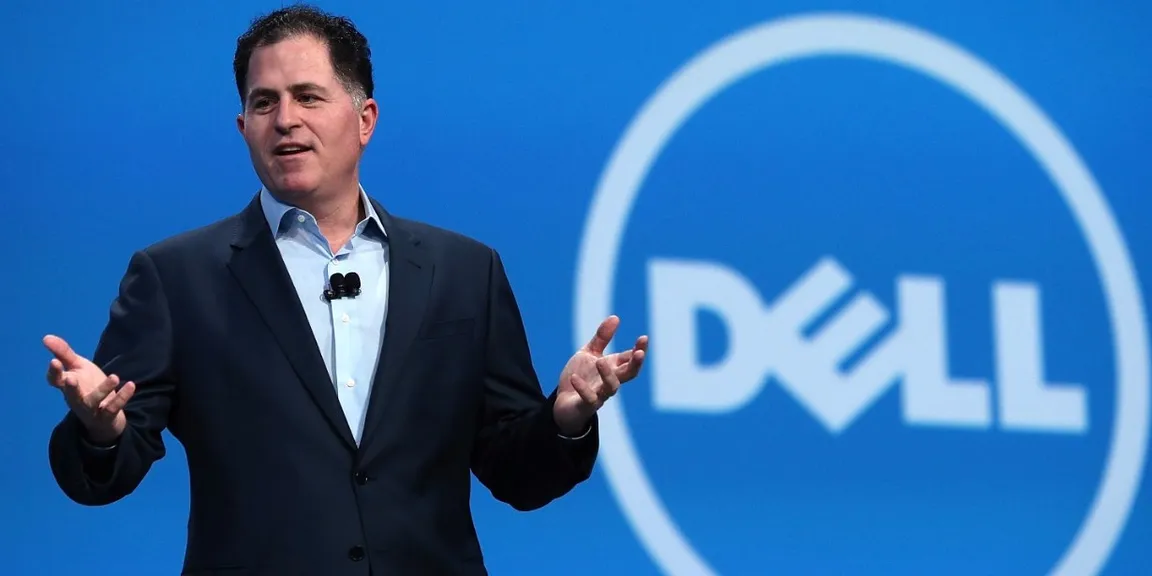

Michael Dell on delighting the Customer
Michael Dell is an American entrepreneur who at the age of 19, started Dell Computer Corporation in 1984. He pioneered the ‘direct model’ where he sold computers to the customers directly instead of selling through resellers. In 1992, at the age of 27,he became the youngest CEO of a Fortune 500 company. He was intrigued by the internet and realised the importance of it very early and offered services through the Internet. In the year 2007, he returned to become the CEO of Dell again. In 2013, he made the company private to do restructure the company and put it back in the growth path. In 2016, the company completed the acquisition of EMC Corporation for a better digital future and protect information. This merger makes Dell the word’s largest privately controlled tech company.
Customer service is one of the important traits that propelled Dell to brilliance and here is Michael Dell’s fabulous quotes on Customer Service.
1. When people say to me,”Wow – that’s a lot of time to spend with the customers.” I say, “I thought that was my job”.

2. Beyond winning and satisfying your customer, the objective must be to delight your customer and not just once, but again and again.
3. One of the most surprising things we learned from our customers early on from our customers was that they really value being asked.
4. Whether it’s technology or tissue paper, develop only what you know your customers really want and need.
5. An idea that solves our customer’s problem - and enhances our bottom line – is a genuine example of win-win for everyone.
6. It’s simply a function of looking our customer’s challenges as our challenges.
7. If we don’t take responsibility for customer’s problems, those very same problems will inevitably resurface in some form – most notably, in our losing them as customers.
8. Try to keep pace with your customers, and exploit the Internet as a means to achieving that end, particularly in seeking quantitative data.
9. By developing a kind of “empathetic view point” we try to see things exactly as our customers do and, in turn, can begin to dramatically improve the customer experience.
10. Customers appreciate the truth much more than being led down the wrong path, even if it’s a path they think looks interesting.
11. Think strategically about your customer’s business, and find ways to help them cut costs and increase profits, all the while improving how they can serve their customers.
12. Go beyond selling your products or services, and make yourself valuable to your customers as an advisor.
13. Our goal at the end of the day, is for customers to say, Dell is the smarter way to buy a computer.”
14. When you delight your customers – consistently – by offering better products and better services, you create strong loyalty. When you go beyond that to build a meaningful, memorable total experience, you win customers for life.
15. Just as you look for sweet spot in the customer market, try to offer products in the sweet spot of the demand.
16. At Dell, we think that our toughest customer is the best customer because the toughest teaches you the most.
17. Focusing all your energies on what your competition is doing simply means that you’re overlooking your greatest source of competitive advantage: your customers.
18. Companies that are successful today- and perhaps more importantly, companies that will be successful tomorrow- are those that can get closest to their customer’s needs.
19. It’s not enough to have the best service in the computer industry; we want to be ranked with the premier service companies of the world like Nordstrom and FedEx.




